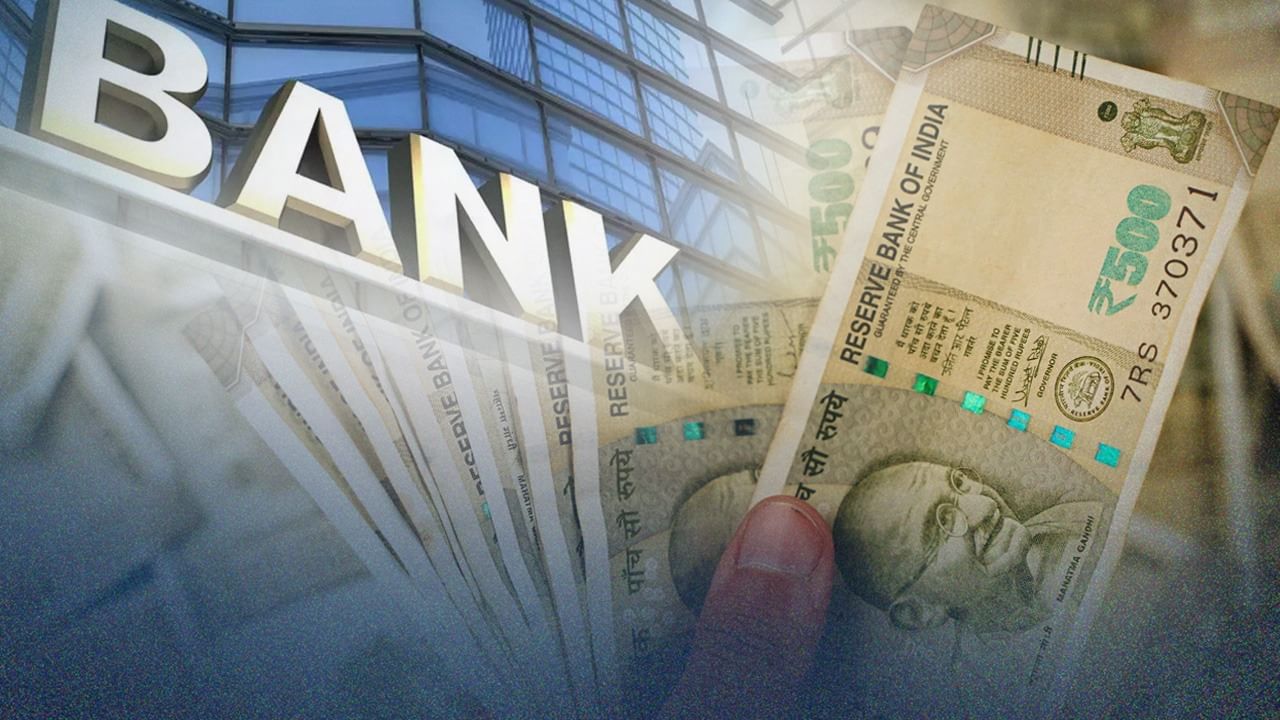Banking charges
ICICI, the country’s second largest private bank, increased the limit to keep the minimum balance in savings account to Rs 50,000, since then people got angry on the social media platform. The bank was accused of avoiding the common man. But, do you know that in addition to not having minimum balance, banks across the country earn thick. Let us tell you.
If you take the example of ICICI Bank, then according to the bank, the bank has revised different limits of minimum balance in urban areas, branches in the area of village-countryside. The charges are also different for not maintaining them. For example, in urban and semi urban areas, 5 percent fee of minimum balance with Rs 100 will have to be paid as penalty and 5 percent of the minimum balance amount in the village branches. If you do not have a minimum amount in your account, then the bank charges a penalty every month. Especially in urban areas, private banks have more charges. Even if your account remains inactive for several months, the bank can charge a ‘non-operating’ charge.
Bank money also collects money from here
Apart from this, there is also a limit to withdraw money from ATM. Most banks offer free withdrawal facilities 4-5 times a month. After this, every transaction is charged a fee of Rs 20-50. If you use the ATM of another bank, then this fee increases further. For debit cards, banks also charge annual maintenance fees, which can be from 100 to 500 rupees.
SMS Alert Money
Banks also charge charge for SMS alert and online banking. 15-20 rupees can be deducted for SMS alert every quarter. If you take a checkbook, you have to pay a fee for additional check after some free pages. Apart from this, online transactions such as NEFT, RTGS or UPI are also charged many times, especially if the transaction amount is more. These small charges of banks seem modest to customers, but this amount from millions of account holders makes an earning of billions of rupees for banks.
